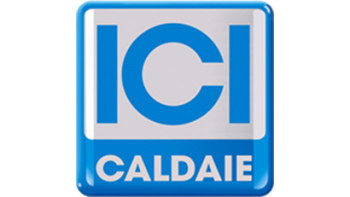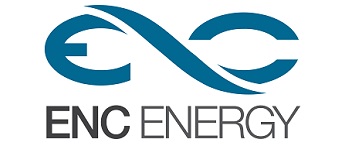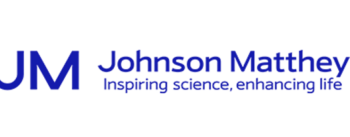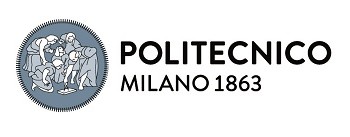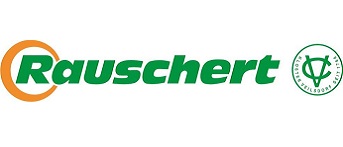Among different technologies related to production, separation and purification of H2, membrane technologies seem to be the most promising and membrane separation is nowadays increasingly considered as a good candidate for substituting conventional systems. Membranes are basically barriers that allow the flow of some components of a feed mixture stream. Membranes for hydrogen separation should have the following characteristics:
• High selectivity towards hydrogen
• High hydrogen flux
• Low cost
• High mechanical, thermal and chemical stability.
Among the membranes for H2 separation, Pd based membrane shows the highest permeability and exclusive selectivity for H2 due to the unique permeation mechanism. Since the permeation flux is inversely proportional to the membrane thickness, development of supported membranes with a thickness of less than 5 ?m have been intensively studied in order to attain high hydrogen flux and to minimize the material cost. Commonly used porous supports include stainless steel and ceramic materials of planar or tubular configuration.
In BIONICO project, Pd based tubular supported membranes will be developed for application in biogas catalytic membrane reactors. New ceramic supports with high mechanical and thermal stability will be prepared. Thin Pd-alloy layers (
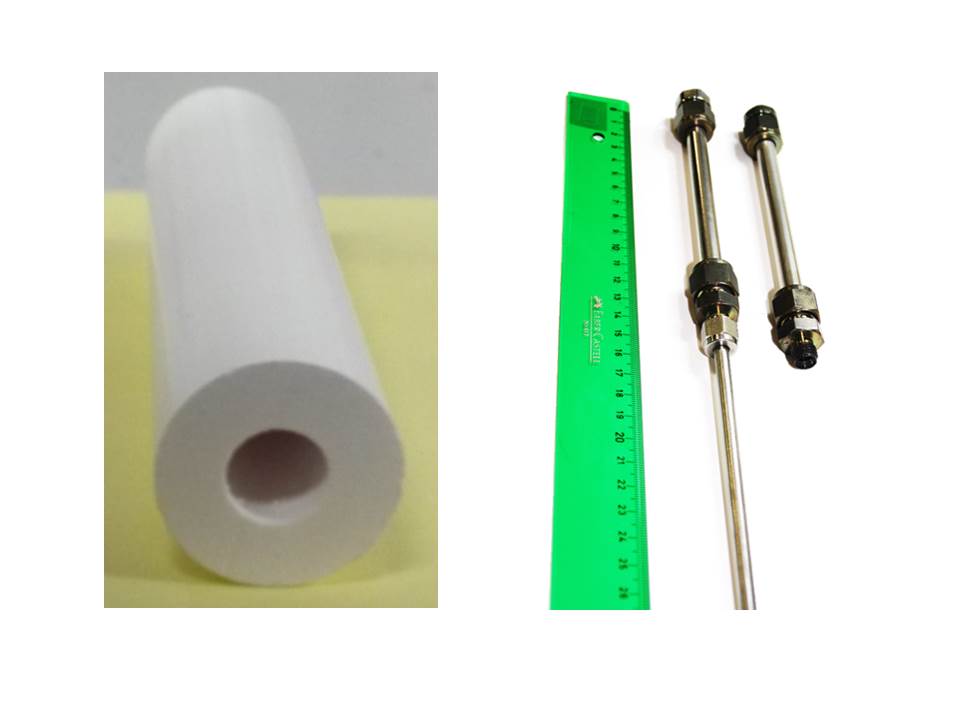
Ceramic support for Pd membranes and Pd membranes connected to sealings ready for integrating in the reactor

